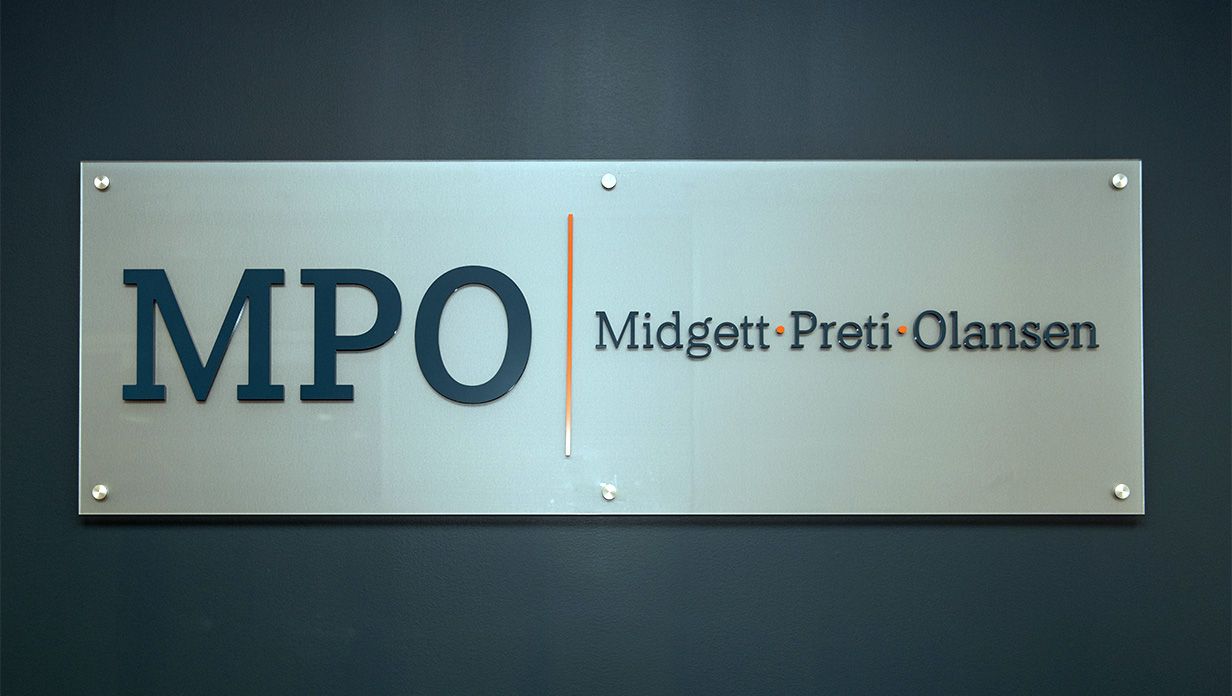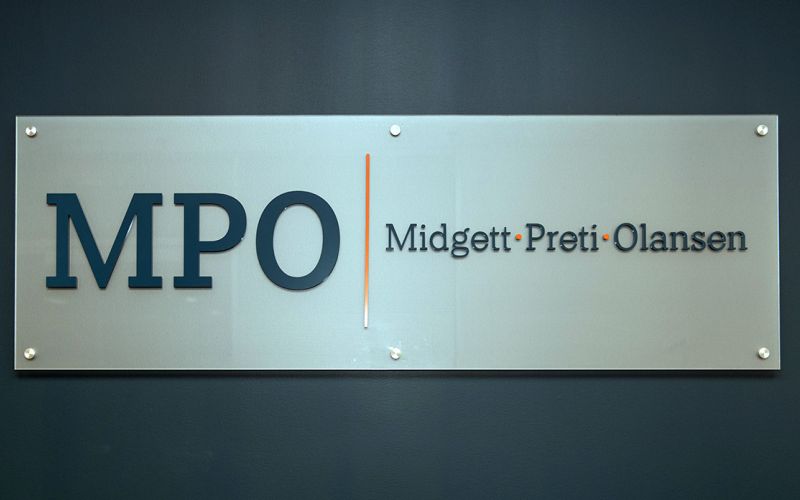
I was always amazed how my grandfather could build anything. There was no home project that was too big or too complicated for him. Unfortunately, that gene skipped my generation, and when I get involved in do-it-yourself projects around the house, I generally make more work and more expense to fix my work by a professional. In a recent Virginia case, Irving v. Divito, the decedent’s attempts to modify his estate plan had the same result as my attempts to fix plumbing.
Mr. Irving, during a divorce hearing, entered into a Property Settlement Agreement which stated that no children were born of the marriage, and the infant child known as Patrick was not his child. Despite that statement, the decedent’s Will identified Patrick as “my child born before the date of my Will”.
The decedent had a binder filled with a number of estate planning documents, including a copy of his Will. In that binder was a document that advised the decedent not to make changes on the face of his Will without contacting an attorney. Each of the documents in the binder were separated by tab dividers. Rather than write on the face of the Will, the decedent wrote on the tab divider “I wish to remove Patrick, named as my son, entirely from the Will – no benefits.” This sentence was followed by the decedent’s initials.
After death, the Will and the binder page were submitted to the Clerk for probate. The Clerk admitted the Will, but refused to admit the binder page as a validly executed codicil or amendment to the Will. The Court found that the document was written and initialed by the decedent, but concluded that the decedent had used his full signature on all formal documents such as the Will and Property Settlement Agreement, and therefore the tab divider was not validly signed.
The Court refused to probate the writing as a Codicil. The Supreme Court, while noting that Virginia law does not define what constitutes a signature, and that even initials can be sufficient, nonetheless declined to accept the binder page as an amendment to the Will because there was no concurrence of the intention to make a Will and the intention to sign the instrument as and for a Will. The fact that the decedent used his initials for this attempted change, but not his other documents cast doubt on his intent to authenticate the change. The decedent’s attempts to remove Patrick from any benefit under the Will failed.
The moral of this story is that attempts to save a little bit of money by not having an important job done by professionals often turns out to cost a great deal of money and those professionals try to fix the problem created by the do-it-yourself project. It all reminds me of the old Fram oil filter commercial where the tagline was “You can pay me now or you can pay me later.” In the commercial, the repairs that came from using the relatively inexpensive oil filter were implied to be costly. The case of Irving v. Divito proves that statement still rings true.

Written By John T. Midgett
John T. Midgett is a Shareholder in the Law Firm of Midgett Preti Olansen. His practice is concentrated in the related areas of estate planning, administration and taxation, estate and trust litigation, and family business planning.
Latest Resource Articles
-

What is the Difference Between Trustee, Executor, and Pow…
Written by Nathan R. Olansen on January 10, 2024.Key Takeaways: The overarching goal of any trustee, executor, or power of attorney is to wo…Read more -

Reasons Why You Should Hire a Professional Executor
Written by Nathan R. Olansen on December 21, 2023.Key takeaways: A fiduciary is a person or entity appointed to handle financial and legal ma…Read more -

Why Set Up a Trust for Your Grandchildren?
Written by Alison R. Zizzo on December 11, 2023.Creating a trust for a grandchild requires not only an understanding of one’s financial goal…Read more -

Understanding The Benefits of a Bloodline Trust
Written by Alison R. Zizzo on November 10, 2023.Key Takeaways A bloodline trust is an estate planning tool designed to protect assets for d…Read more -

Are Powers of Attorney Responsible for Medical Bills?
Written by Nathan R. Olansen on September 22, 2023.According to a Genworth’s 2021 Cost of Care Survey, the reported average cost of assisted li…Read more -

Top Reasons for Disputing a Trust in Virginia
Written by Nathan R. Olansen on September 1, 2023.A trust is a valuable tool for saving your loved ones from the probate process and reducing …Read more -

Are You Responsible for Your Deceased Spouse’s Medical Bi…
Written by Ann H. Larkin on August 29, 2023.After the death of a spouse, the surviving spouse will inevitably receive bills from hospita…Read more -

Know the Signs of an Employee Retention Credit Scam
Written by Nathan R. Olansen on August 2, 2023.If it sounds too good to be true, it probably is. The IRS has sounded the alarm repeatedly r…Read more -

Can a Trustee Sue a Beneficiary?
Written by Nathan R. Olansen on August 1, 2023.When you are named the trustee of a trust, it comes with responsibilities you need to be pre…Read more
"*" indicates required fields

© 2024 Midgett Preti Olansen





